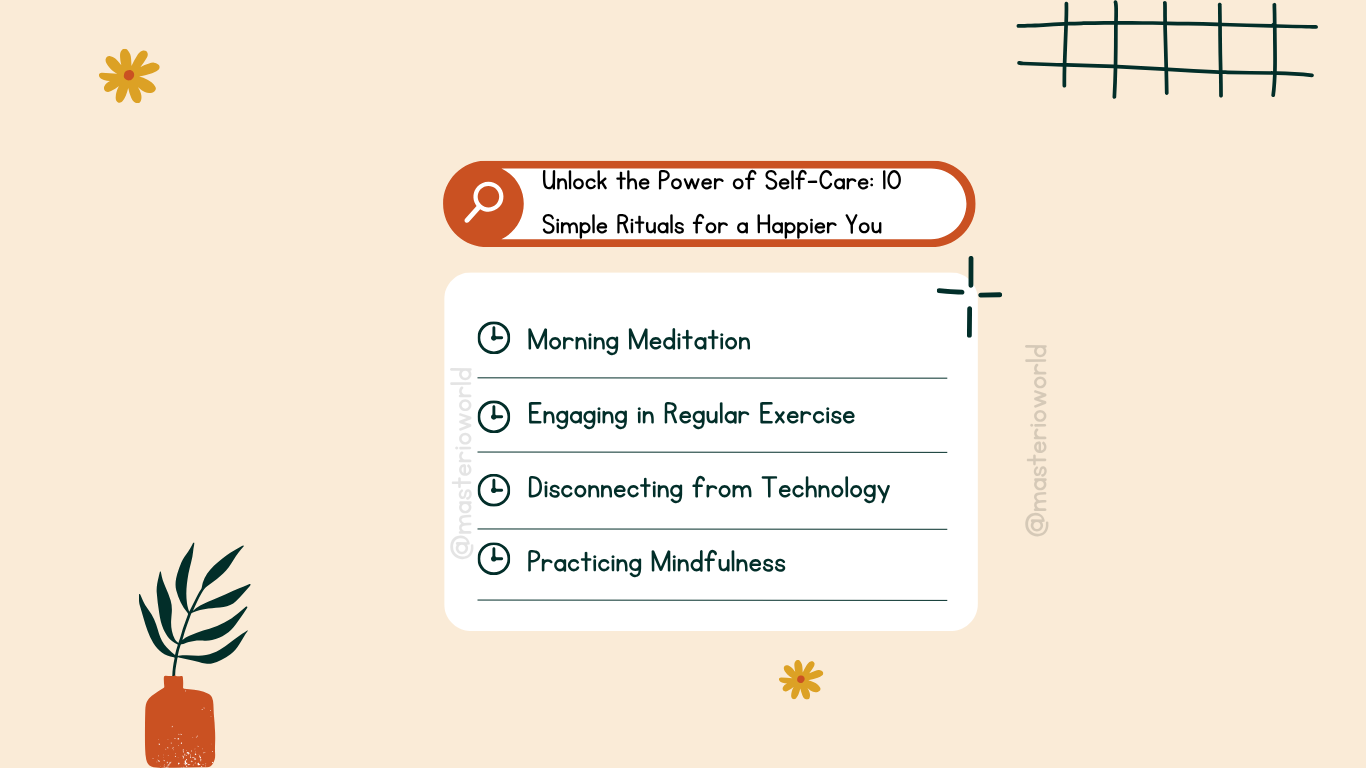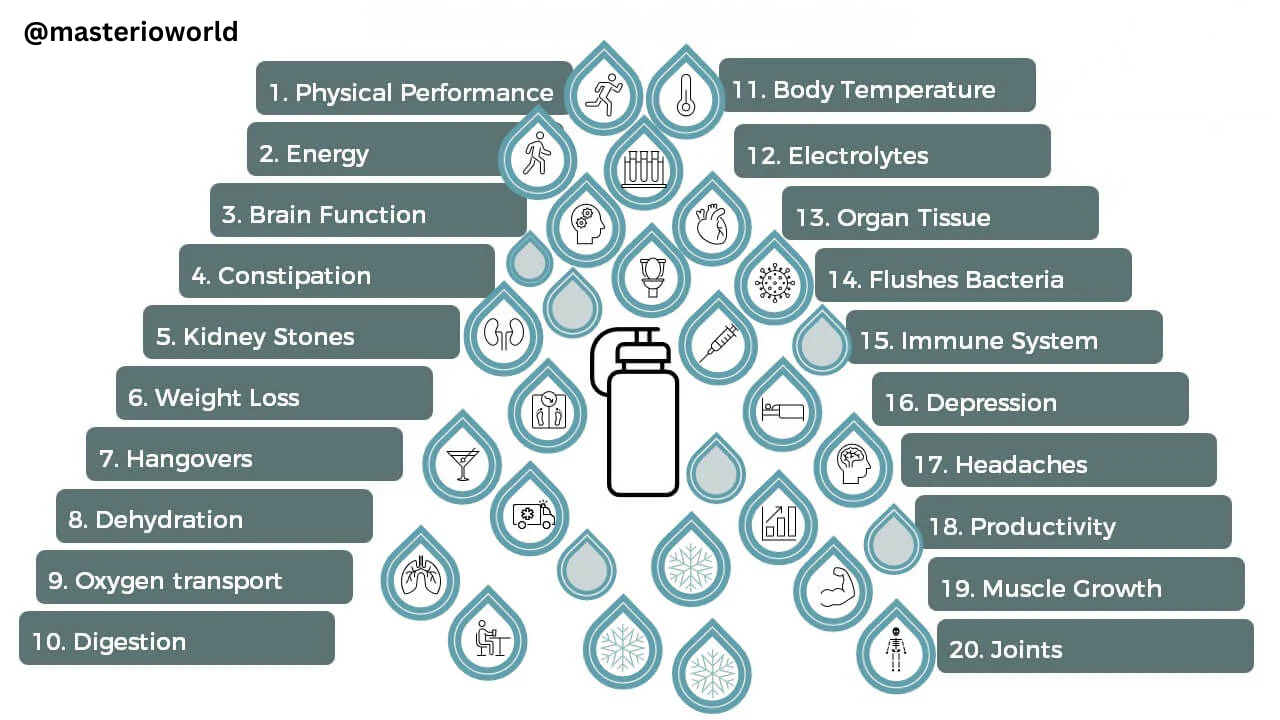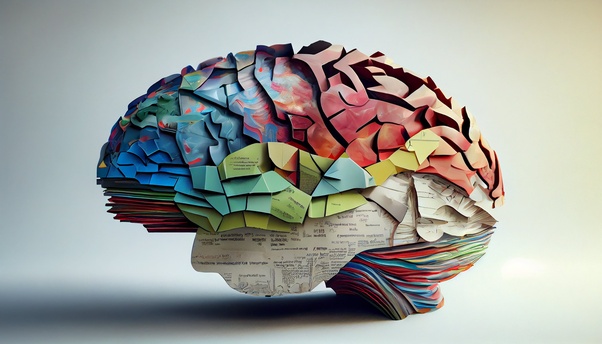Unlock the Power of Self-Care: 10 Simple Rituals for a Happier You
Unlock the Power of Self-Care: 10 Simple Rituals for a Happier You Self-care is a crucial aspect of maintaining overall well-being and leading a happier life. In today’s fast-paced world, it’s essential to carve out time for ourselves and prioritize self-care. By engaging in simple rituals that nurture our mind, body, and soul, we can unlock the power of self-care and experience the transformative effects it has on our lives. In this article, we will explore ten simple rituals that can help you prioritize self-care and cultivate happiness. Introduction In our fast-paced lives, we often neglect ourselves in the pursuit of various responsibilities and obligations. However, taking care of ourselves is essential for maintaining balance and happiness. Self-care rituals offer a way to nurture our well-being, reduce stress, and improve overall quality of life. Let’s explore ten simple rituals that can help you unlock the power of self-care and experience a happier you. Ritual 1: Morning Meditation Starting your day with a few moments of meditation can set a positive tone for the rest of the day. Find a quiet space, sit comfortably, and focus on your breath. Allow your thoughts to come and go without judgment. This practice can help calm your mind, reduce stress, and increase mindfulness throughout the day. Ritual 2: Journaling for Reflection Writing down your thoughts and feelings in a journal can be a powerful way to reflect on your experiences. Take a few minutes each day to jot down your thoughts, gratitude, and goals. This practice not only provides clarity but also serves as a valuable tool for self-discovery and personal growth. Ritual 3: Engaging in Regular Exercise Physical activity is not only beneficial for your physical health but also has a profound impact on your mental and emotional well-being. Engage in regular exercise that you enjoy, whether it’s a brisk walk, yoga, or dancing. Exercise releases endorphins, reduces stress, and boosts your mood. Ritual 4: Nourishing Your Body with Healthy Food Fueling your body with nutritious food is a fundamental aspect of self-care. Focus on consuming a balanced diet that includes fruits, vegetables, whole grains, and lean proteins. Proper nutrition not only supports your physical health but also enhances your energy levels and overall vitality. Ritual 5: Disconnecting from Technology In our digital age, it’s important to take regular breaks from technology. Set aside designated time to disconnect from screens and engage in activities that nourish your soul. Read a book, go for a walk in nature, or have meaningful conversations with loved ones. Unplugging allows you to recharge and reconnect with yourself and the world around you. Ritual 6: Taking Breaks and Resting In our busy lives, we often forget the importance of taking breaks and allowing ourselves to rest. Incorporate short breaks throughout the day to relax and recharge. Use these moments to engage in deep breathing exercises, stretch, or simply close your eyes and rest. Prioritizing rest rejuvenates your mind and body, enabling you to be more productive and focused. Ritual 7: Cultivating Gratitude Practicing gratitude is a powerful self-care ritual that can shift your perspective and enhance your happiness. Take a few moments each day to reflect on the things you are grateful for. Write them down or share them with a loved one. Cultivating gratitude fosters positivity, resilience, and a deeper appreciation for life’s blessings. Ritual 8: Engaging in Creative Expression Expressing yourself creatively is a wonderful way to nourish your soul and tap into your inner joy. Engage in activities such as painting, writing, dancing, or playing an instrument. Allow your creativity to flow without judgment or expectation. Creative expression promotes self-discovery, self-expression, and emotional well-being. Ritual 9: Practicing Mindfulness Mindfulness is the practice of being fully present in the current moment without judgment. Incorporate mindfulness into your daily life by paying attention to your senses, focusing on your breath, and observing your thoughts and emotions without attachment. Mindfulness cultivates awareness, reduces stress, and helps you savor the richness of each moment. Ritual 10: Prioritizing Quality Sleep Quality sleep is essential for physical and mental rejuvenation. Create a soothing bedtime routine that allows you to unwind and prepare for restful sleep. Avoid screens before bed, create a calm sleeping environment, and establish a consistent sleep schedule. Prioritizing quality sleep enhances your overall well-being, cognitive function, and mood. Conclusion Incorporating self-care rituals into your daily life is a powerful way to unlock happiness and well-being. By prioritizing your own needs and engaging in simple practices that nurture your mind, body, and soul, you can experience profound positive changes. Remember, self-care is not selfish but essential for a happier you. FAQs



